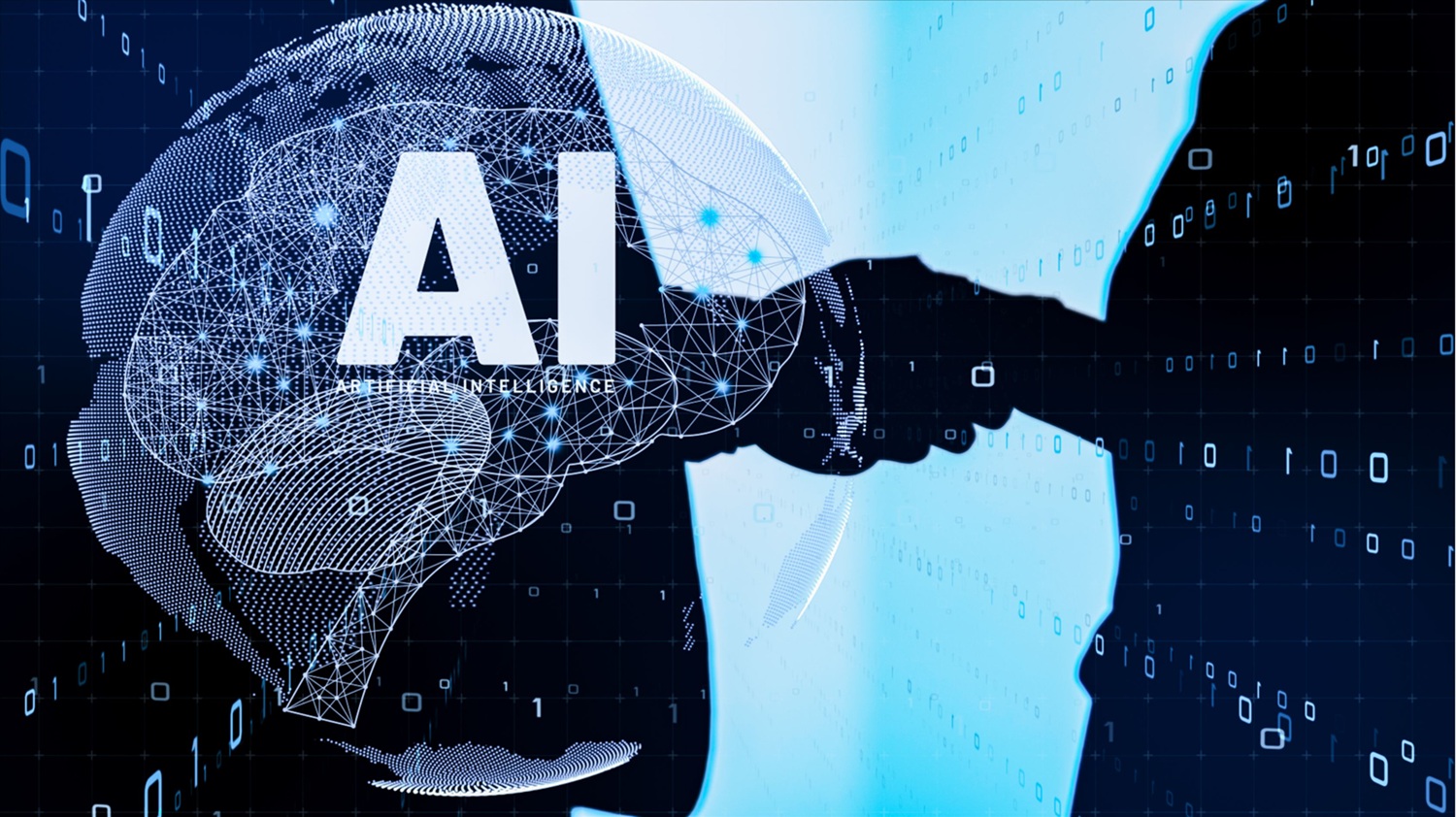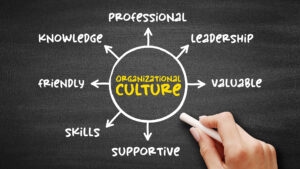The high-stakes, hyper-automated work environment reveals one simple truth: People do not want to be managed; they want to be seen.
And as businesses race to get more done with less, real human-only coaching seems to be getting more difficult. Traditional coaching was suitable for leadership retreats and corner offices but are no appropriate for the hybrid, global, and hyper-speed reality of today.
This is where AI plays a contributing role.
When done correctly, AI can amplify human coaches. Here is how:
The Limitations of Traditional Coaching
Most companies provide coaching to ‘high-potential’ employees. Meanwhile, other personnel, like a struggling frontline manager or a mid-career pivoter, are left out. This is because one-on-one coaching is expensive, time-consuming, and very difficult to measure in terms of actual outcomes.
AI shifts these limitations of traditional coaching. It does not replace human coaches but automates certain processes like goal-setting, feedback, accountability, and reflection. This makes coaching available to everyone at affordable costs.
Coaching Points: Delivered by EQ Powered by AI
At the end of each session of a group coaching program, the AI system drives certain points like:
- Nudging a participant after a meeting to reflect on how the meeting went
- Tracking progress towards self-development milestones and offering encouragement instead of just data
- Reminding leaders to check with their team members about their emotional well-being
- Suggesting growth-oriented questions for reviews and customizing these for individual participants
The Silent Coach Behind the Coach
AI does not replace judgement but prompts empathy. It does not eliminate accountability but rather reinforces it. AI does not automate connection but amplifies it.
Do you know that only 21% of employees trust their leadership? Moreover, companies with a highly motivated and engaged workforce see 21% more profitability.
Meaning: Human-centred leadership coaching programs are not a luxury but a business imperative.
From Coaching to Daily Implementation
Coaching is not effective if the learnings are not implemented to bring behavioral changes. AI can be used to deliver reminders and nudges that convert intentions into daily habits:
- Reflection prompts after important meetings
- Micro learnings delivered from real-world challenges
- Personalized suggestions in the midst of challenging projects and situations
Since AI is embedded within the workflow, it is consistent, customized, and immediate, which are often three things human coaches struggle with.
Future of AI Coaching
AI is not just the latest buzzword; it is an important enabler for deeper and meaningful coaching. Here are some exciting things to look out for in the future:
- Increased customization to match unique requirements of each participant
- Continuous analysis and tracking to deliver effective feedback and strategies
- Recognizing and responding to emotions make emotional intelligence programs more empathetic and effective
- Real-time translation to overcome language barriers and cross-cultural limitations
Human Touch is Still Vital
Although highly promising, there are certain limitations of AI, and human coaches continue to be relevant:
- Automation cannot replicate human empathy and intuition
- Human guidance is required to refine AI-driven interventions
- Unintentionally, biases may be created via AI
- Highly emotional and complex situations require deeper human insight
How AI can Help Human Coaches Deliver Better Outcomes?
- Offering conversation starters and timely reminders
- Personalize and dynamize development plans
- Free human coaches to indulge in complex and deeper conversations
- Quickly identify blind spots and patterns
The Bottomline
AI supports human coaches and does not replace it. By leveraging the power of automation for personalized support and data-driven insights, human coaches can focus on the important things – developing trust, fostering growth, and unlocking the potential of each participant of a group coaching training program.
AI is a partner and not a panacea. So how are you integrating AI into your organization’s coaching goals? Share your thoughts and experiences with us and explore our programs to unlock the potential of your organization and your people.





